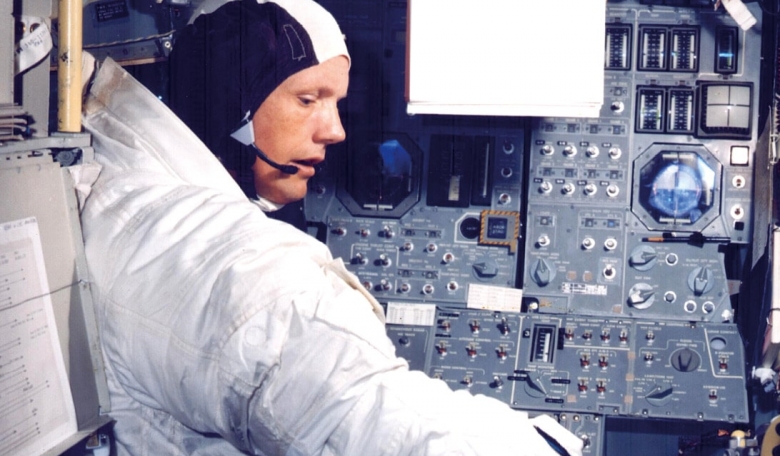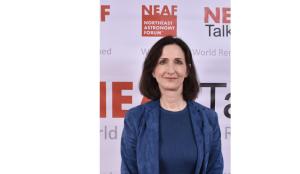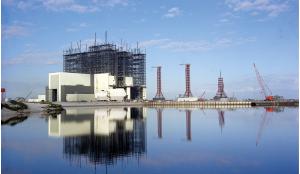Apollo 11 will always be remembered as the most historic human spaceflight of all time and, as the world celebrates the 50th anniversary of the day when mankind first set foot on another world, Nick Spall considers the achievements and long-term impact of astronaut Neil Armstrong, and the legendary space mission that led him to become the first man to walk on the Moon.
The Apollo 11 Moon landing story and crew commander Neil Armstrong’s ‘reluctant hero’ role in its success is almost half a century old. Now, thanks to fresh perspectives and new information that has emerged covering the details of the mission and the personalities involved, we have been able to learn more about Armstrong the man and his unique contribution to space exploration.
The six Apollo Moon landing missions changed the world in many ways – raising and influencing technical, economic, political, cultural and even environmental issues. These factors, combined with Armstrong’s own story, make historic analysis of the missions truly fascinating. His death in 2012 spurred a more thorough review of his nature as a man and an astronaut, and of his importance as commander of the first Moon landing and its enduring consequences.
The 2018 biopic First Man, directed by Damien Chazelle and starring Ryan Gosling, offers one perspective of Armstrong’s life story, exploring the emotional side of this apparently cool man and the personal cost of being the ‘Right Stuff’, including the tragic loss of his two-year old daughter Karen to a brain tumour early in his career. The film was based on James Hansen’s thorough and extensive official biography, First Man; the Life of Neil A Armstrong (2005). The book explores Armstrong’s nature and wider thoughts on Apollo 11 via direct and detailed interviews with Armstrong, his family and other contacts through his lifetime. Equally fascinating is the movie In the Shadow of the Moon, co-directed and produced by Chris Riley and released in 2007, which included interview contributions from all the surviving Apollo astronauts at that time, apart from Armstrong himself.














